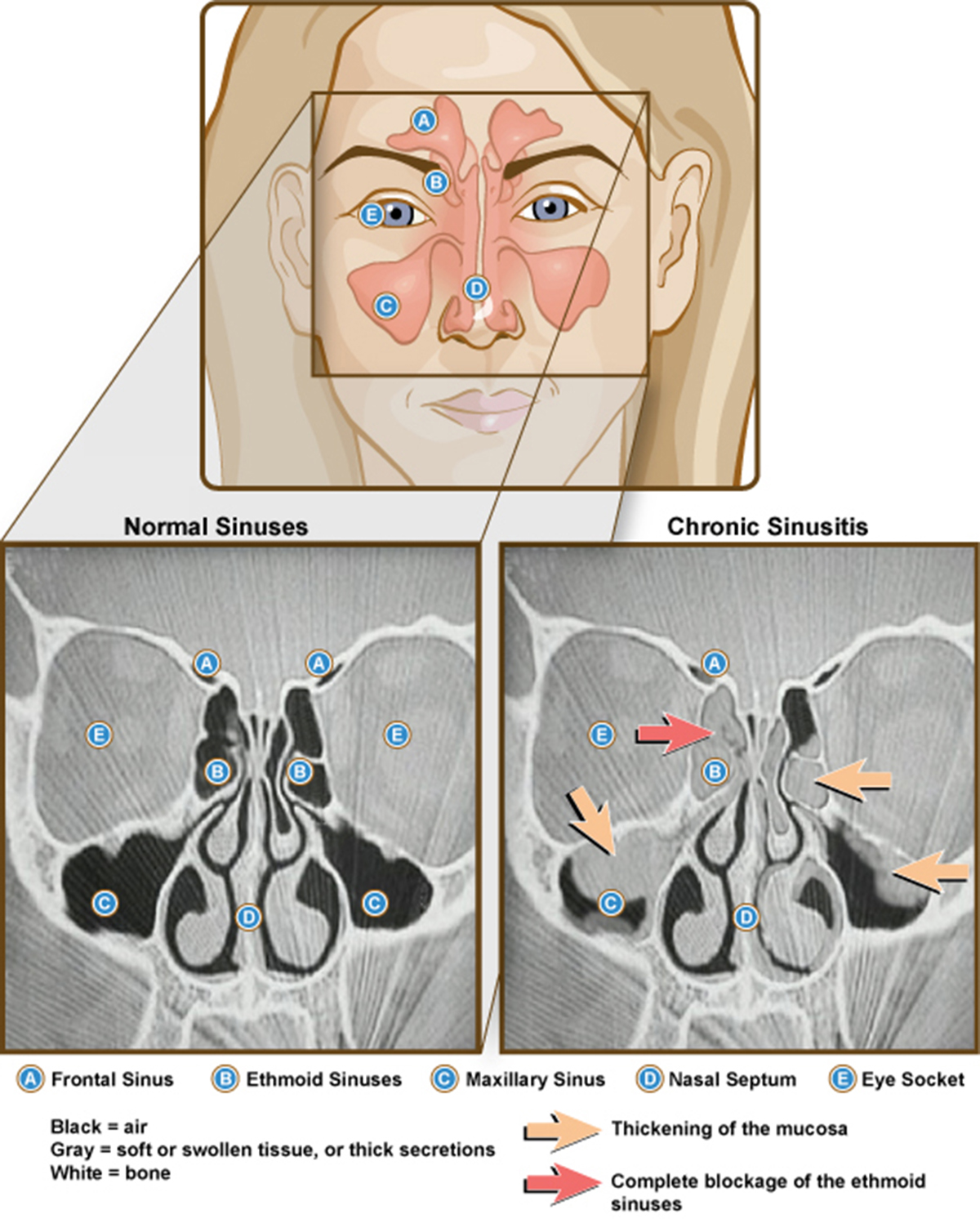
One of the most usual of the all sinusitis symptoms is a very severe pain in the jaw. In medical terminology, sinusitis is an inflammation of para-nasal passages. In our entire skull there are four air cavities and their primary function is to protect our brain from the injuries and to defend our body from various infections. Names of these air cavities are Ethmoids, Frontal, Maxillary and Sphenoid, and if our skull is attacked by some bacterium or a virus, these cavities become inflamed leading to strong and painful headaches, nasal congestion and jaw pain. There are four types of sinusitis: acute, subacute, chronic and recurring acute sinusitis. According to the statistics, 37 million of people in the USA suffer from sinusitis every year. The process of sinusitis treatment isn’t so complicated and it consists of antibiotics and, in some cases, a surgery may be necessary.
Sinus Causes
The ositium is opening of the sinuses and it can receive infection from nasal passage. In that case, all of the mucus and air that is in the ositium can’t pass through and this passage becomes blocked. This blockage causes pressure in the jaw and pain appears. So, basically this pressure causes pain and severe headaches that can also lead to difficulty while breathing. One of the most frequent causes for sinusitis is smoking. For sinus infections that keep appearing over and over again, allergies are responsible. Women who are experiencing pregnancy may suffer from rhinitis as one of the most often causes for sinus pain during pregnancy. Other causes for sinus pain include fungal infection, chronic sinusitis and sinus infections.
Sinus Jaw Pain
As we have written in the lines above, sinus pain occurs due to the infected maxillary sinus and this pain is very discomforting and severe. But, how to protect from sinus jaw pain and how to treat it? Firstly, we have to take care about our oral and dental hygiene. Sinus jaw pain can be treated with many remedies that include decongestants, which you can buy in every drug store without a prescription. Antibiotics that have proved to be effective are amoxicillin and azithromycin. In order to be completely sure that you will find relief after the treatment, you have to visit the doctor so that he can set a proper diagnosis. It would also be good to visit a dentist, so that he can rule out tooth decay.



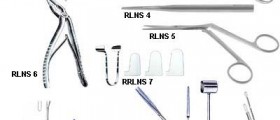









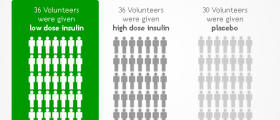

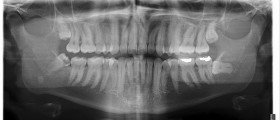
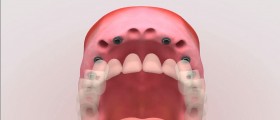
Your thoughts on this
Loading...